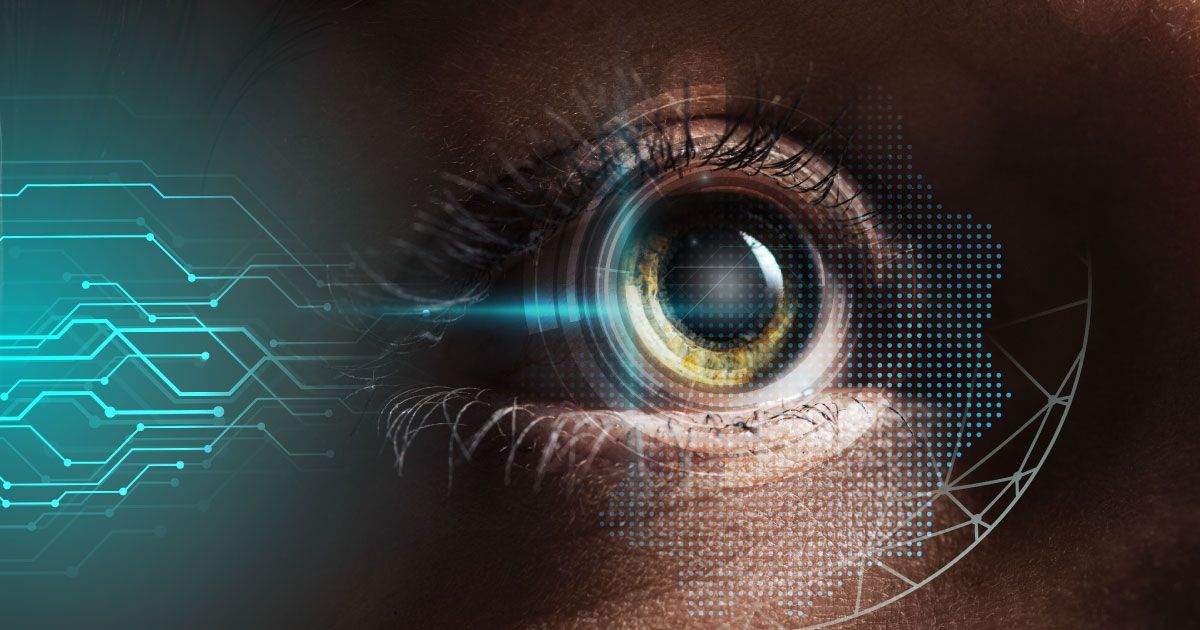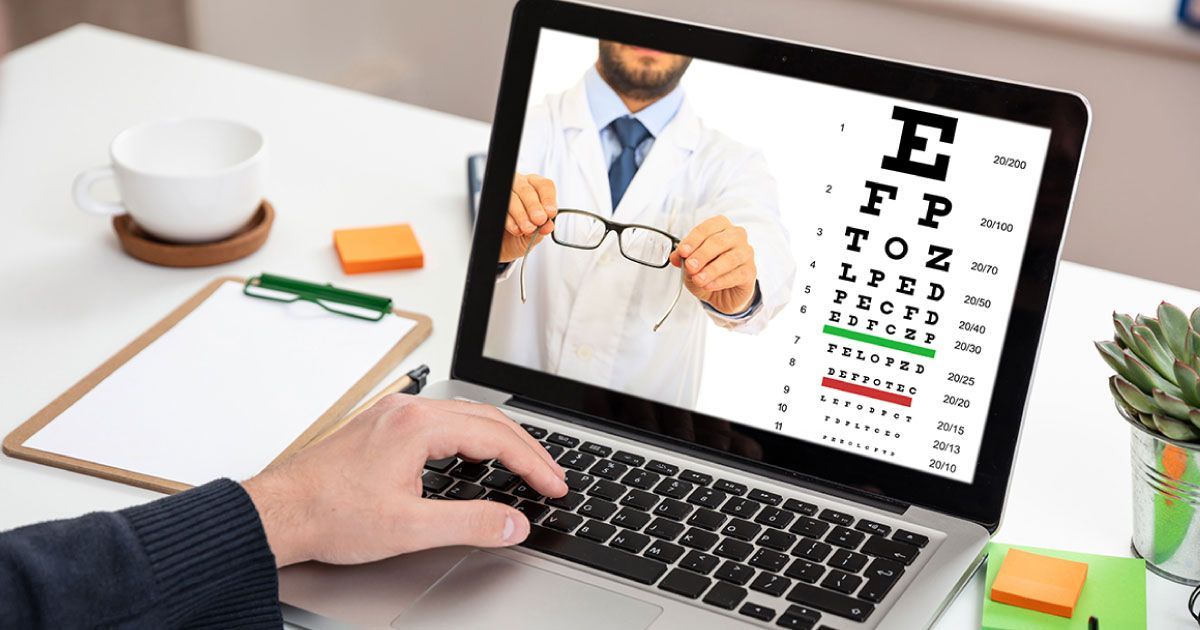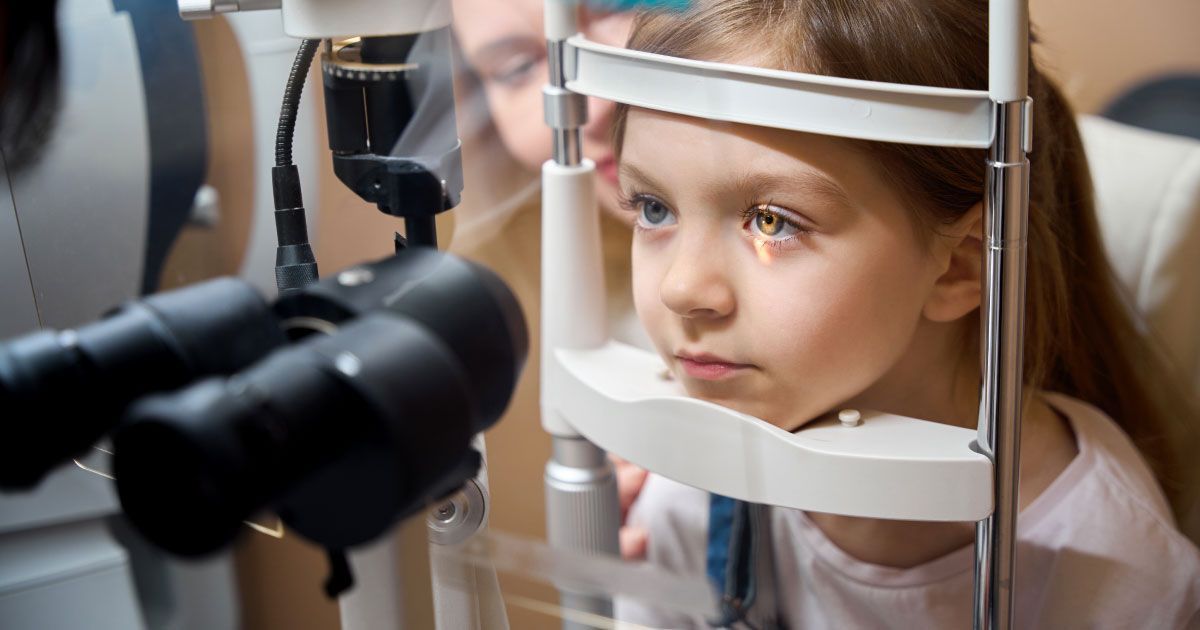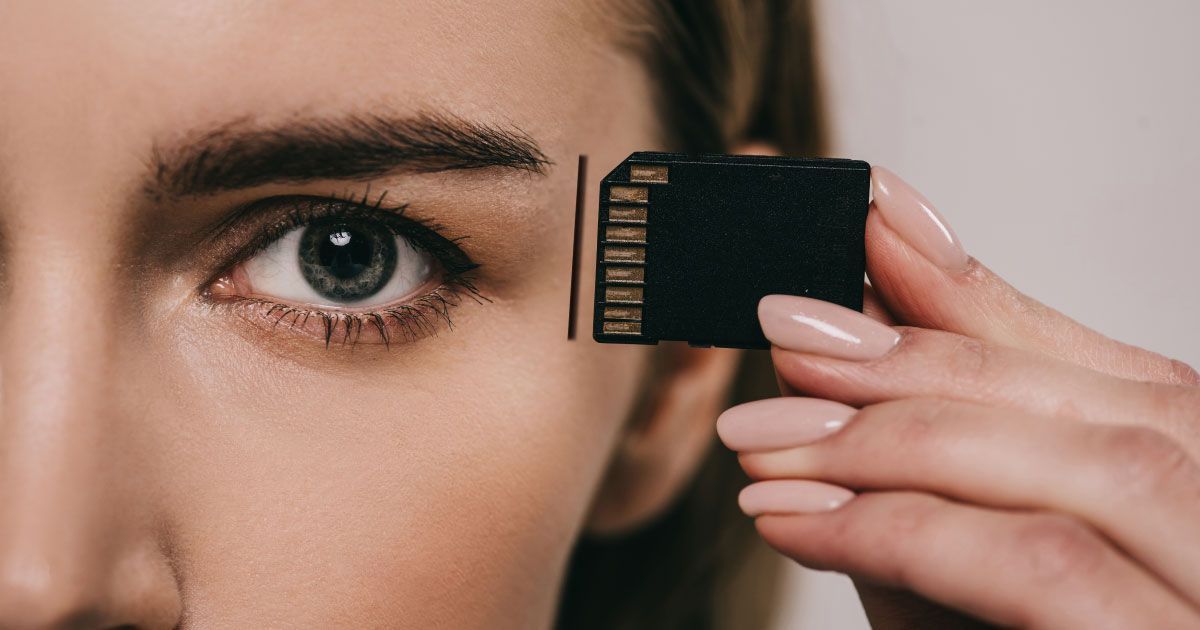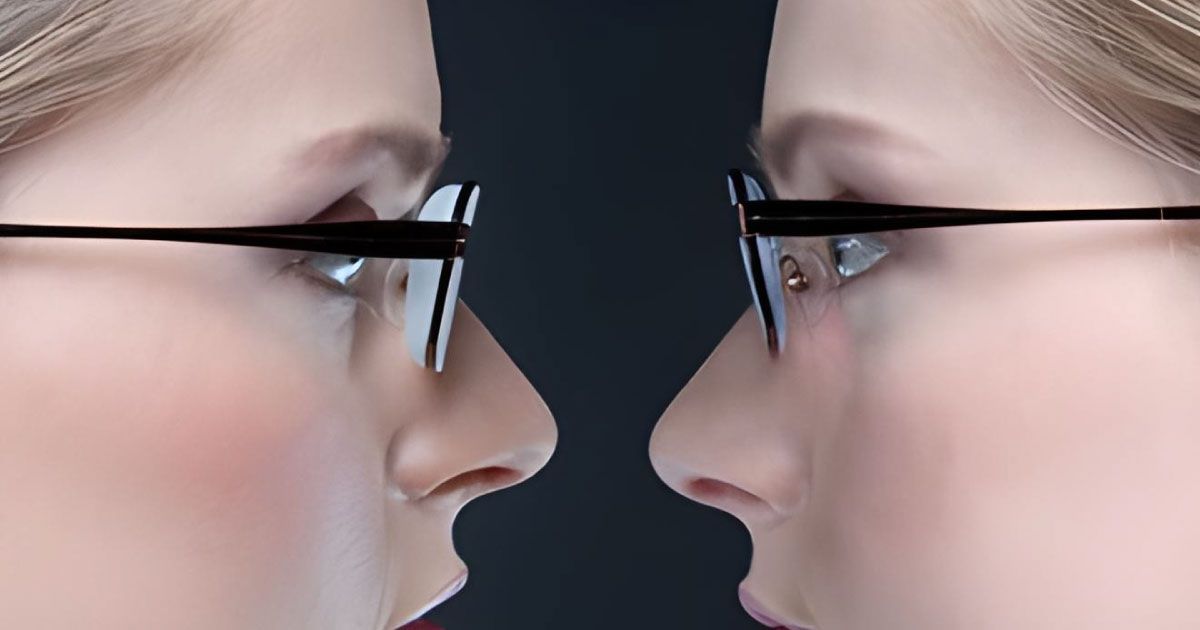Hormonal Shifts And Their Influence On Eyesight

Read time: 6 minutes
Hormones play a pivotal role in our body's intricate systems, including our vision. The hormonal changes we experience throughout life—during puberty, pregnancy, menopause, and aging—can significantly impact our eyesight. From the dry eyes often reported by menopausal women to the blurred vision some pregnant women encounter, these shifts can alter how we see the world. Even our thyroid hormones, essential for metabolic regulation, can cause conditions like Graves' disease, which directly affects eye health.
Understanding the profound influence of hormones on our vision helps us appreciate the importance of regular eye exams and proactive eye care throughout every stage of life. Dive into this fascinating interplay between hormones and eyesight to learn how to keep your vision clear and healthy amidst these inevitable changes.
Hormonal Changes During Puberty
During puberty, hormonal changes can affect eyesight. The increase in hormones like estrogen and testosterone can cause temporary changes in vision clarity. For instance, some teens might develop nearsightedness or farsightedness as their eyes grow and change shape. Hormonal changes can also affect tear production, leading to dry eyes or unstable tear film, making it hard to focus on reading or screens for long periods. While these changes often stabilize after puberty, it's important for teens with significant vision issues to see an eye care professional.
Hormonal Changes During Pregnancy
Pregnancy involves major hormonal changes that can affect vision. These may include:
- Higher levels of estrogen and progesterone help prepare the body for childbirth but also impact eye health. Increased estrogen can thicken the cornea, causing blurred vision or changes in refractive error, making contact lenses uncomfortable.
- Fluid retention during pregnancy can raise intraocular pressure, worsening conditions like glaucoma or causing visual disturbances.
- Hormones also affect tear production, leading to dry eyes and discomfort.
Most of these changes resolve after pregnancy, but regular eye exams are important to monitor vision changes.
Hormonal Changes During Menopause
Menopause brings significant hormonal changes that can impact vision. Lower estrogen levels can cause dry eye syndrome, leading to discomfort and irritation. The hormonal imbalance can also affect tear quality, worsening dryness. Menopause may speed up the development of age-related eye conditions like cataracts and macular degeneration, as estrogen helps protect retinal cells. Changes in blood flow due to hormonal shifts can also increase the risk of glaucoma. Regular eye exams are crucial during menopause to monitor and manage these changes.
Thyroid Hormones and Their Influence on Eye Health
Thyroid hormones are essential for various bodily functions, including eye health. Hormones like thyroxine (T4) and triiodothyronine (T3) maintain metabolic rate and organ function, including the eyes. Thyroid hormone imbalances can cause eye issues. Hyperthyroidism, with excess thyroid hormones, can lead to Graves' ophthalmopathy, causing bulging eyes, dry sensation, double vision, and vision loss. Hypothyroidism, with insufficient thyroid hormones, can cause dry eyes due to reduced tear production and puffiness around the eyes from fluid retention.
The Effect of Hormone Changes on Aging
As we age, hormonal changes can significantly impact vision. Decreased estrogen and testosterone levels during menopause and andropause can lead to dry eye syndrome, causing irritation, redness, and blurred vision. Reduced testosterone levels also decrease tear production and increase inflammation risk.
Aging also affects insulin resistance which can lead to diabetic retinopathy, damaging retinal blood vessels and impairing vision. Stress-related hormonal changes can exacerbate central serous retinopathy, causing fluid buildup under the retina and distorting vision.
Regular eye exams are essential for aging populations to monitor and address these vision changes.
Strategies for Managing Hormonal-Related Vision Changes
Managing hormonal-related vision changes involves medical treatment and lifestyle adjustments. Regular eye exams are crucial for early detection and management of vision changes. Eye care professionals can monitor and recommend corrective measures, such as glasses or contact lenses. Balancing hormone levels through medical treatment, like hormone replacement therapy (HRT), can mitigate vision issues, especially during menopause. Consulting an endocrinologist for personalized treatment plans is essential.
Maintaining a healthy lifestyle is also important. Tips include:
- Enjoying a diet rich in antioxidants, vitamins A, C, and E, and omega-3 fatty acids supports eye health.
- Regular physical activity to help regulate hormone levels and reduce stress, benefiting vision.
- Staying hydrated keeps eyes moist and reduces dryness discomfort.
- Managing environmental factors like proper lighting while reading or using screens reduces eye strain.
The Takeaway
Understanding the connection between hormonal shifts and vision highlights the need for regular eye exams. Hormonal fluctuations during puberty, pregnancy, menopause, or due to endocrine disorders can significantly impact eye health. These changes can cause dry eyes, blurred vision, or more severe conditions like glaucoma and diabetic retinopathy.
Regular eye exams help detect early signs of hormone-related eye issues and provide timely interventions to prevent serious problems. Prioritizing routine eye care preserves vision and improves quality of life during hormonal changes.
Share this blog post on social or with a friend:
The information provided in this article is intended for general knowledge and educational purposes only and should not be construed as medical advice. It is strongly recommended to consult with an eye care professional for personalized recommendations and guidance regarding your individual needs and eye health concerns.
All of Urban Optiks Optometry's blog posts and articles contain information carefully curated from openly sourced materials available in the public domain. We strive to ensure the accuracy and relevance of the information provided. For a comprehensive understanding of our practices and to read our full disclosure statement, please click here.


